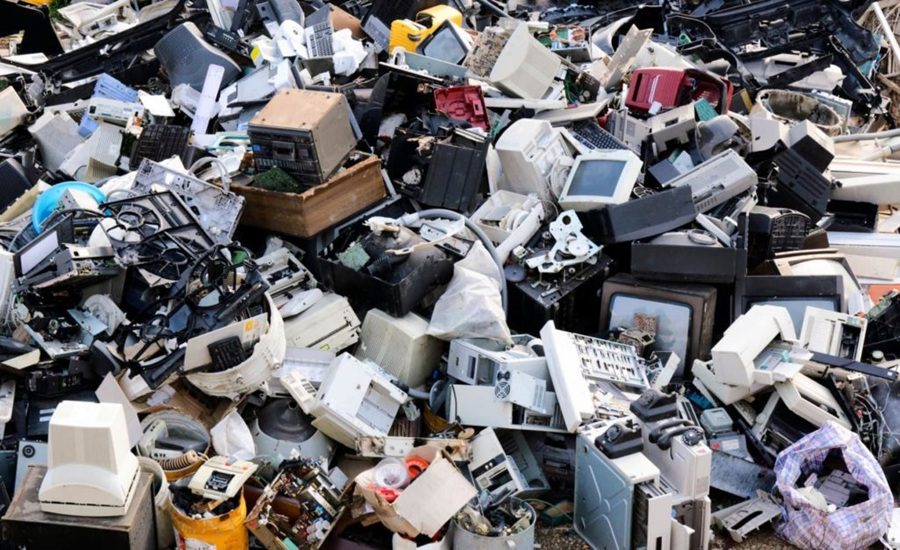The generation of electronic waste (e-waste) has been increasing rapidly due to the widespread use of electrical and electronic equipment (EEE), driven by economic growth and technological advancements. Recognizing the urgent need for sustainable e-waste management, the Ministry of Environment, Forest, and Climate Change comprehensively revised the E-Waste (Management) Rules, 2016, and introduced the E-Waste (Management) Rules, 2022, which came into effect on April 1, 2023.
Also Read: Uttarakhand Prepares To Host Historic National Games with Solar Power and E-Waste Medals
Key Features of the E-Waste (Management) Rules, 2022
The primary objective of these regulations is to ensure safe and environmentally sound management of e-waste, preventing any potential health and environmental hazards. The revised rules emphasize an enhanced Extended Producer Responsibility (EPR) regime, requiring manufacturers, producers, refurbishers, and recyclers to register on the Central Pollution Control Board (CPCB)’s online portal.
These measures aim to:
- Formalize the e-waste sector, shifting operations from informal to formal channels.
- Ensure efficient recycling and disposal through scientific methods.
- Introduce environmental compensation, verification, and audits to enforce compliance.
- Promote a circular economy through sustainable e-waste recycling and disposal mechanisms.
Current E-Waste Management Infrastructure
As of February 9, 2025, CPCB has registered:
- 322 recyclers, with a processing capacity of 22,08,918.064 MT per annum.
- 72 refurbishers, handling 92,042.18 MT per annum.
Steps Taken by CPCB for E-Waste Management
To streamline implementation, CPCB has undertaken multiple initiatives, including:
- Developing an Online EPR E-Waste Portal – All producers, manufacturers, recyclers, and refurbishers must register here.
- Issuing Guidelines – CPCB has provided scientific guidelines for e-waste processing, detailing machinery requirements and pollution control measures.
- Implementing an Action Plan – The State Pollution Control Boards (SPCBs) and Pollution Control Committees (PCCs) are enforcing the E-Waste (Management) Rules, 2022, submitting quarterly progress reports and conducting regular inspections to curb informal e-waste processing.
- Ensuring Industrial Space Allocation – Under Rule 10(1), State Governments must allocate industrial spaces for e-waste dismantling and recycling.
Directions Issued by CPCB
To enforce compliance, CPCB has issued multiple directives:
- September 6, 2022 – Instructions under the Water and Air Acts to curb informal e-waste activities and verify authorized recyclers.
- January 30, 2024 – Orders under the Environment (Protection) Act, 1986, mandating the registration of all producers, manufacturers, recyclers, and refurbishers on the EPR portal.
- February 14, 2024 – Directives to e-waste recyclers to ensure EPR Certificate generation, fulfilling obligations for the financial year 2023-24.
This information was provided by Union Minister of State for Environment, Forest, and Climate Change, Mr. Kirti Vardhan Singh, in a written reply to a Rajya Sabha question today.
Also Read: Gujarat Appoints IPS Piyush Patel as Director of Anti-Corruption Bureau




























